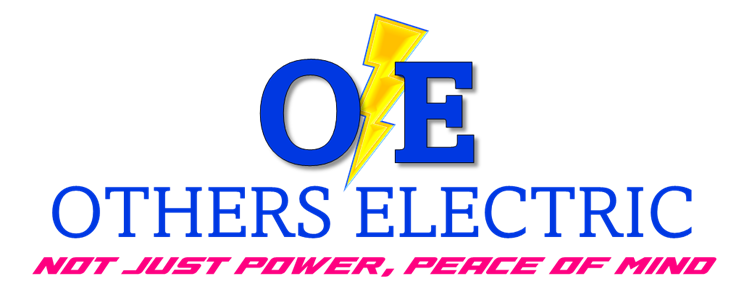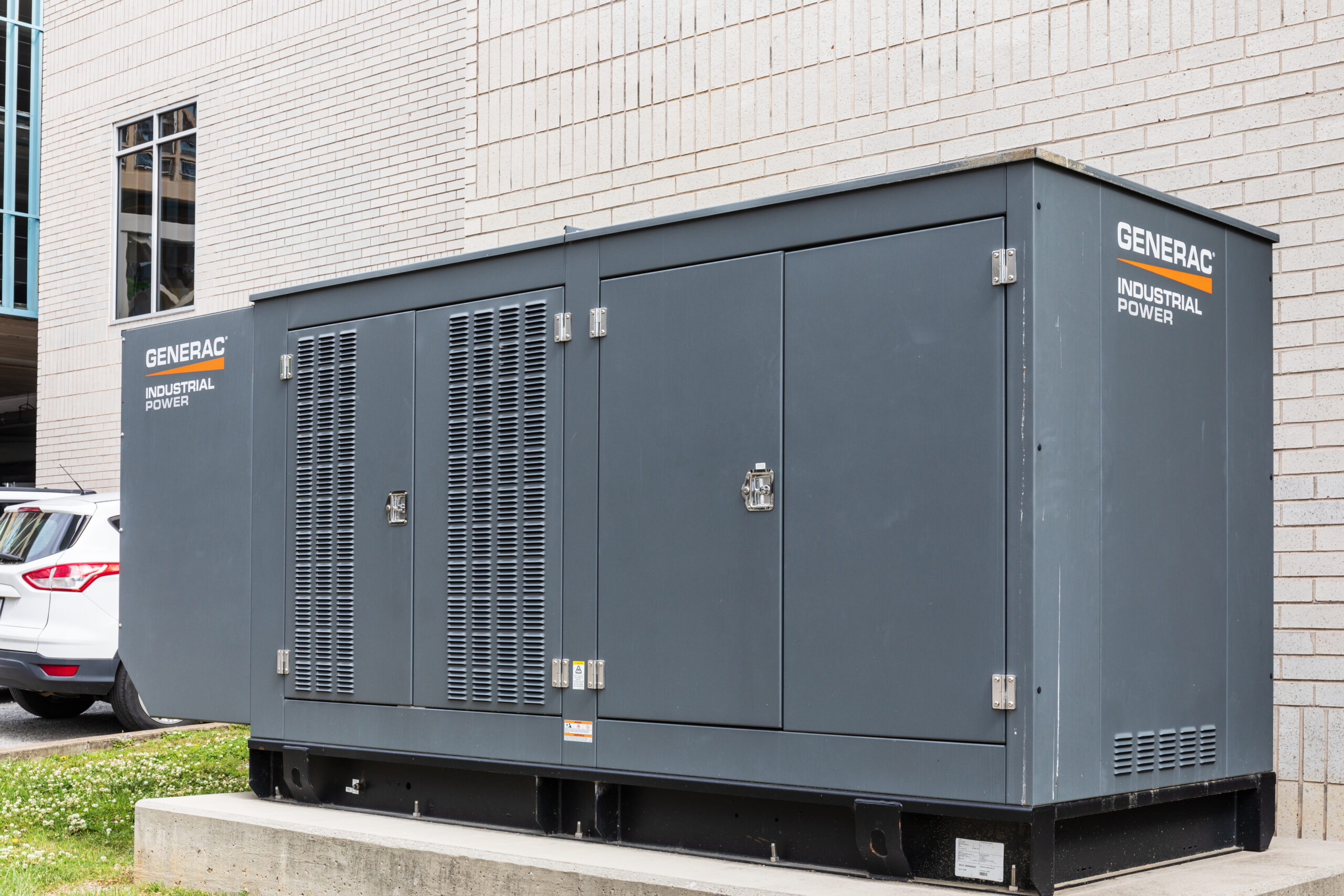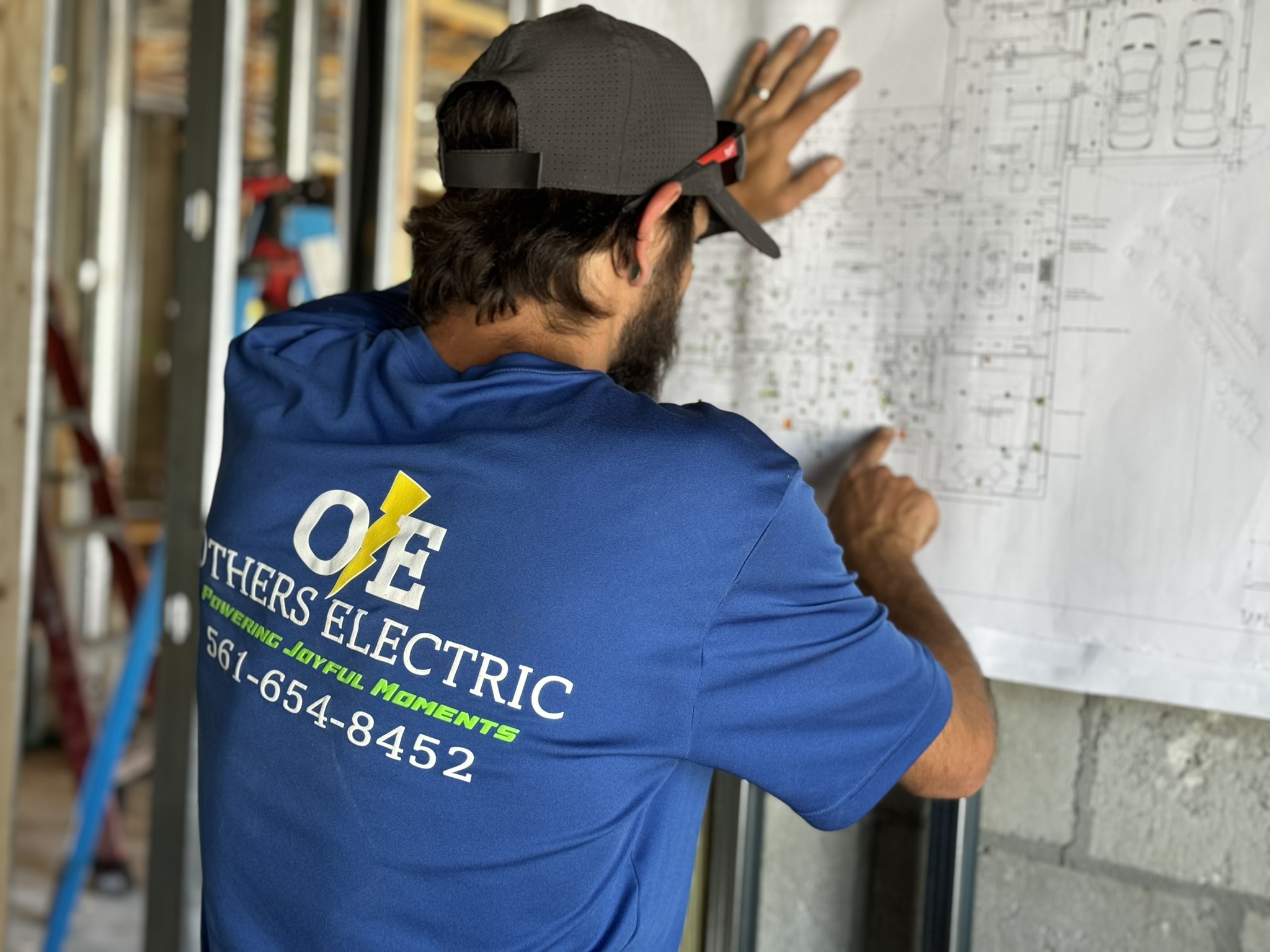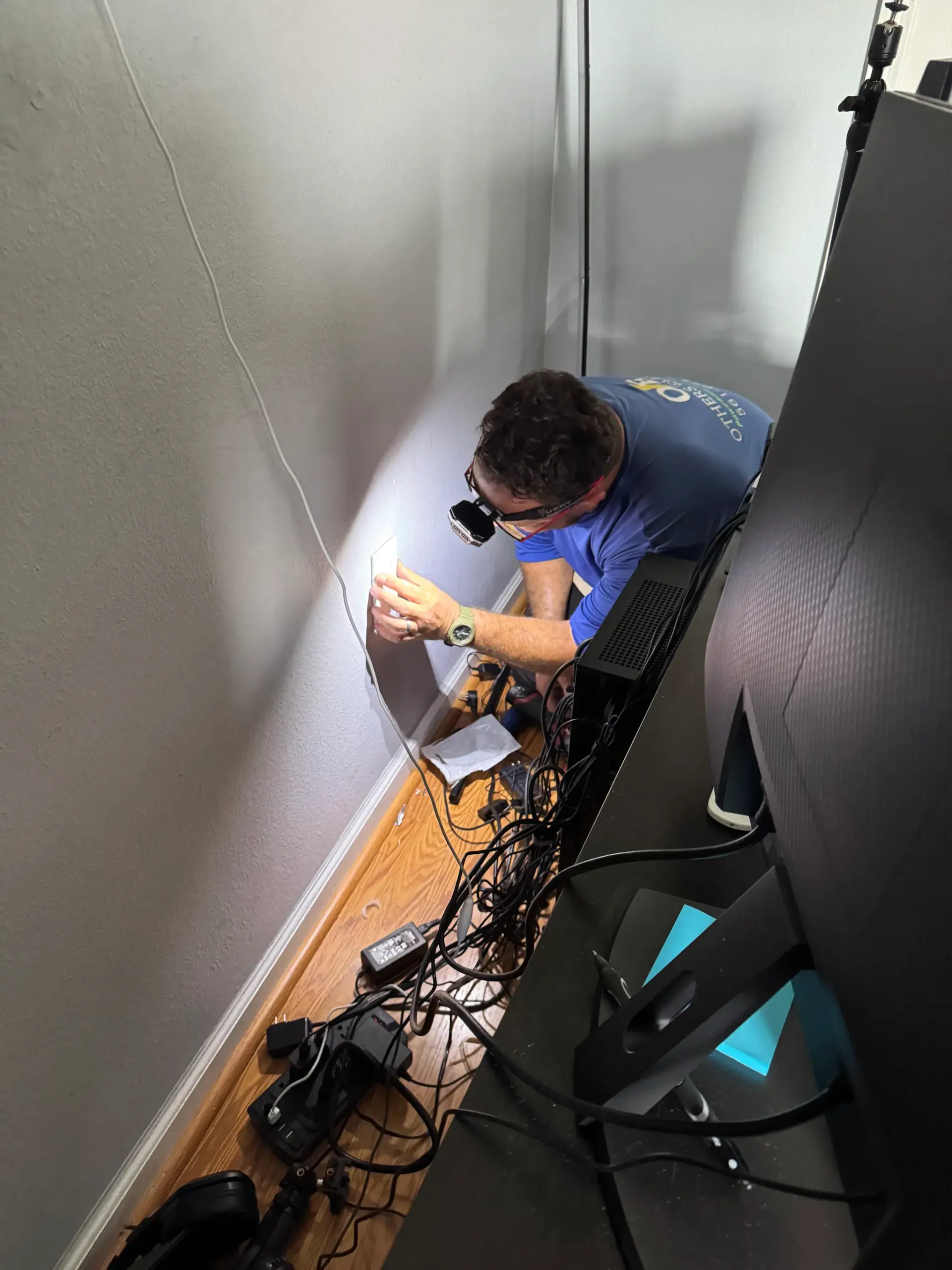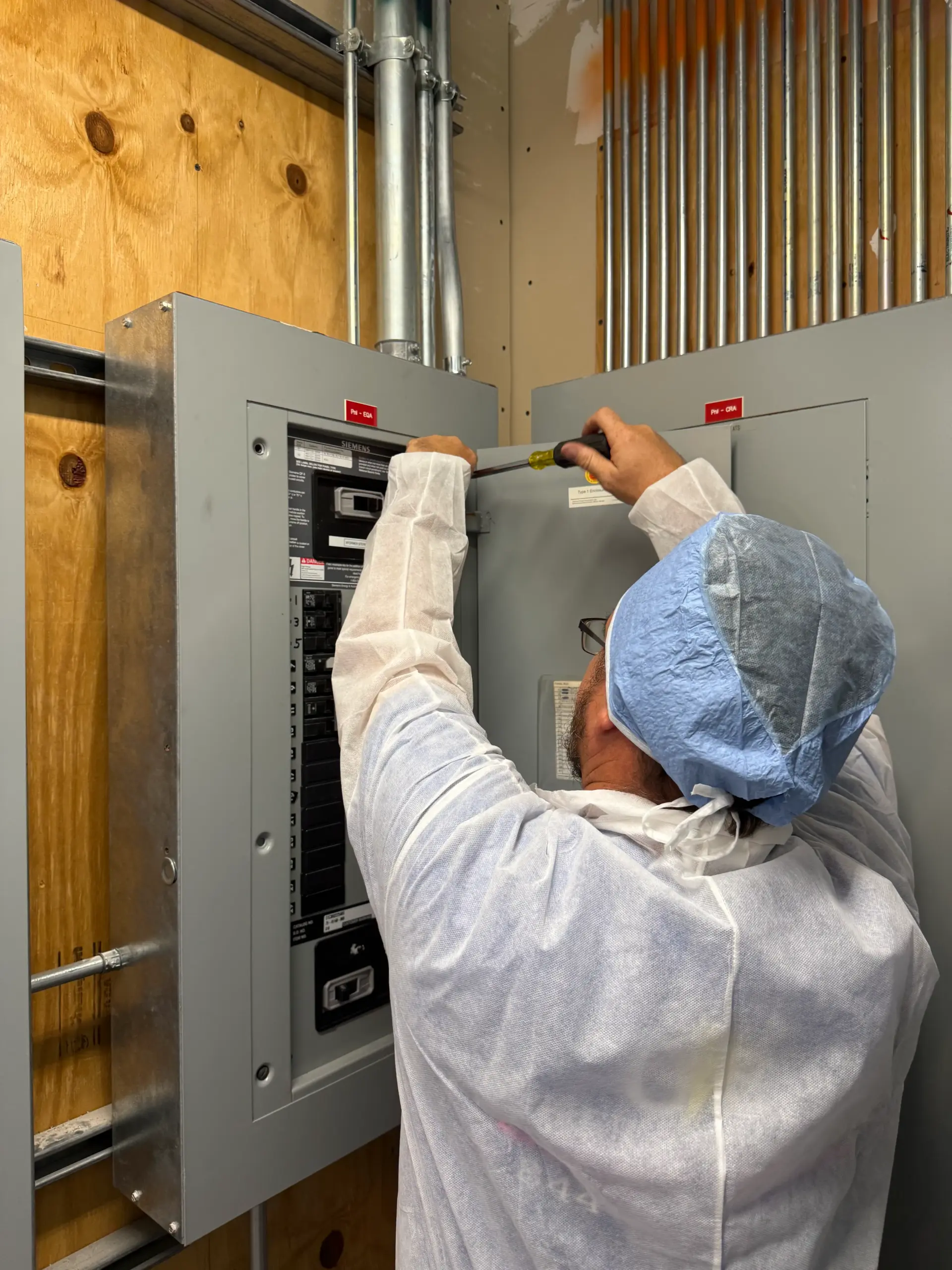Electricity is one of the most important discoveries in human history. It powers almost every aspect of modern life, from lighting our homes to fueling our industries. However, the concept and understanding of electricity didn’t arise from a single moment or invention. Instead, it evolved over centuries, through the contributions of many scientists and inventors. This article traces the history of electricity, exploring key moments and figures that paved the way for the modern electrical systems we rely on today. Let’s go over when was electricity invented.

Early Understanding of Electricity
The history of electricity begins long before the development of modern electrical technology. The ancient Greeks were among the first to observe electricity-related phenomena, even though they didn’t fully understand it. Around 600 BCE, the philosopher Thales of Miletus discovered that when amber was rubbed with fur, it could attract lightweight objects like feathers and small pieces of paper. This phenomenon, later identified as static electricity, was one of the earliest recorded observations of electrical behavior.
The word “electricity” itself is derived from the Greek word “elektron,” which means amber. The Greeks’ curiosity about this peculiar property of amber was the foundation for centuries of experimentation and research into the nature of electricity. Despite their observations, ancient civilizations were limited by their lack of scientific knowledge, and it wasn’t until the Renaissance that progress in understanding electricity began to accelerate.

The Birth of Modern Electrical Science
Fast forward to the 17th century, and we find a renewed interest in electricity. One of the most significant contributors to this field during this time was English scientist William Gilbert, who, in 1600, coined the term “electricus” to describe the force that amber exerted when rubbed. He distinguished between magnetism and the phenomenon we now know as electricity. His work laid the groundwork for further study, and Gilbert is often regarded as one of the pioneers of modern electrical science.
In the 18th century, the study of electricity began to flourish. One of the most famous figures associated with early electrical experiments was American polymath Benjamin Franklin. In 1752, Franklin conducted his famous kite experiment, in which he demonstrated that lightning was a form of electricity. By flying a kite during a thunderstorm and capturing lightning in a Leyden jar (an early form of a capacitor), Franklin proved that atmospheric electricity and the static electricity generated by rubbing materials were one and the same. While Franklin did not “invent” electricity, his experiment was crucial in advancing the understanding of electrical forces, laying the groundwork for future discoveries.

The Development of Electrical Theory
The 19th century marked a major turning point in the study of electricity, as scientists began to develop more comprehensive theories to explain how it worked. One of the key figures in this period was Alessandro Volta, an Italian physicist who, in 1800, invented the first electrical battery known as the Voltaic Pile. This invention made it possible to produce a continuous flow of electric current, which was a significant breakthrough in the development of electrical technology. Volta’s invention is widely regarded as the birth of the modern electrical circuit, as it allowed scientists to experiment with electricity in ways that had never been possible before.
Building on Volta’s work, other scientists made groundbreaking discoveries. One of the most significant was Danish physicist Hans Christian Ørsted’s discovery of electromagnetism in 1820. He found that an electric current could create a magnetic field, demonstrating the connection between electricity and magnetism. This discovery was followed by André-Marie Ampère’s formulation of the laws of electromagnetism and Michael Faraday’s work on electromagnetic induction in the 1830s. Faraday’s research showed that electricity could be generated by moving a magnet through a coil of wire, leading to the invention of the electric generator.
Faraday’s experiments were revolutionary because they revealed the potential for converting mechanical energy into electrical energy, forming the foundation for modern electrical power generation. He is often credited with laying the groundwork for the electrical age, and his work directly influenced the development of electric motors and power stations.

The Electrification of the World
The latter half of the 19th century saw the rapid development and application of electrical technology, largely due to the contributions of two giants in the field: Thomas Edison and Nikola Tesla. Edison, a prolific American inventor, is often credited with bringing electricity into homes and businesses through his development of the incandescent light bulb and the direct current (DC) electrical distribution system.
Edison’s invention of the light bulb in 1879 was a major milestone, as it provided a practical, long-lasting source of light powered by electricity. His work didn’t stop there. Edison also developed the world’s first power station, which began operating in New York City in 1882, supplying electricity to homes and businesses in the surrounding area. This event marked the beginning of the electrification of cities around the world.
While Edison’s DC system was revolutionary, it had limitations, particularly in its ability to efficiently transmit electricity over long distances. This challenge opened the door for Nikola Tesla, a Serbian-American inventor, and engineer, to introduce an alternative: alternating current (AC). Tesla’s AC system could transmit electricity more efficiently over long distances than Edison’s DC system. In the 1880s, Tesla partnered with industrialist George Westinghouse to develop and promote AC power generation and transmission.
The rivalry between Edison’s DC system and Tesla’s AC system, known as the “War of the Currents,” ended with the widespread adoption of AC as the standard for electrical distribution. AC power proved to be more practical for large-scale power generation and transmission, allowing electricity to reach rural areas and fueling the rapid growth of electrical infrastructure.

Electricity in the 20th Century and Beyond
The 20th century saw electricity become an essential part of everyday life. By the early 1900s, electrical power stations were being built worldwide, and homes and businesses were being wired for electricity. Innovations in electrical appliances, lighting, and machinery transformed daily life and boosted industrial production.
One of the most significant milestones in electrical engineering during the 20th century was the development of the electrical grid, which allowed for the centralized generation and distribution of electricity across entire regions. This system made electricity more accessible and affordable, leading to widespread electrification.
In the latter half of the 20th century and into the 21st century, advancements in renewable energy technologies, such as solar, wind, and hydroelectric power, began to reshape the way electricity is generated. These technologies aim to reduce dependence on fossil fuels and create more sustainable ways of powering the world. Furthermore, innovations in battery storage and smart grids are transforming the future of electricity, making it more reliable and efficient.

Conclusion
While electricity has been known and observed since ancient times, its modern understanding and application are the result of centuries of scientific discovery and technological innovation. From the early observations of static electricity by the Greeks to the groundbreaking work of scientists like Faraday, Volta, Edison, and Tesla, the development of electrical theory and technology has transformed the world. Today, electricity is an indispensable part of our lives, powering homes, industries, and innovations that continue to shape the future. Want to talk about more electricity? Ask Joe about all things electricity.
